In new movie ‘La Chimera’, Josh O’Connor’s suit tells a story of its own
As Alice Rohrwacher’s magical Cannes-approved ‘La Chimera’ hits cinemas today (10 May 2024), costume designer Loredana Buscemi unpacks the archaeological tale’s wardrobe – including Josh O’Connor’s storytelling suiting
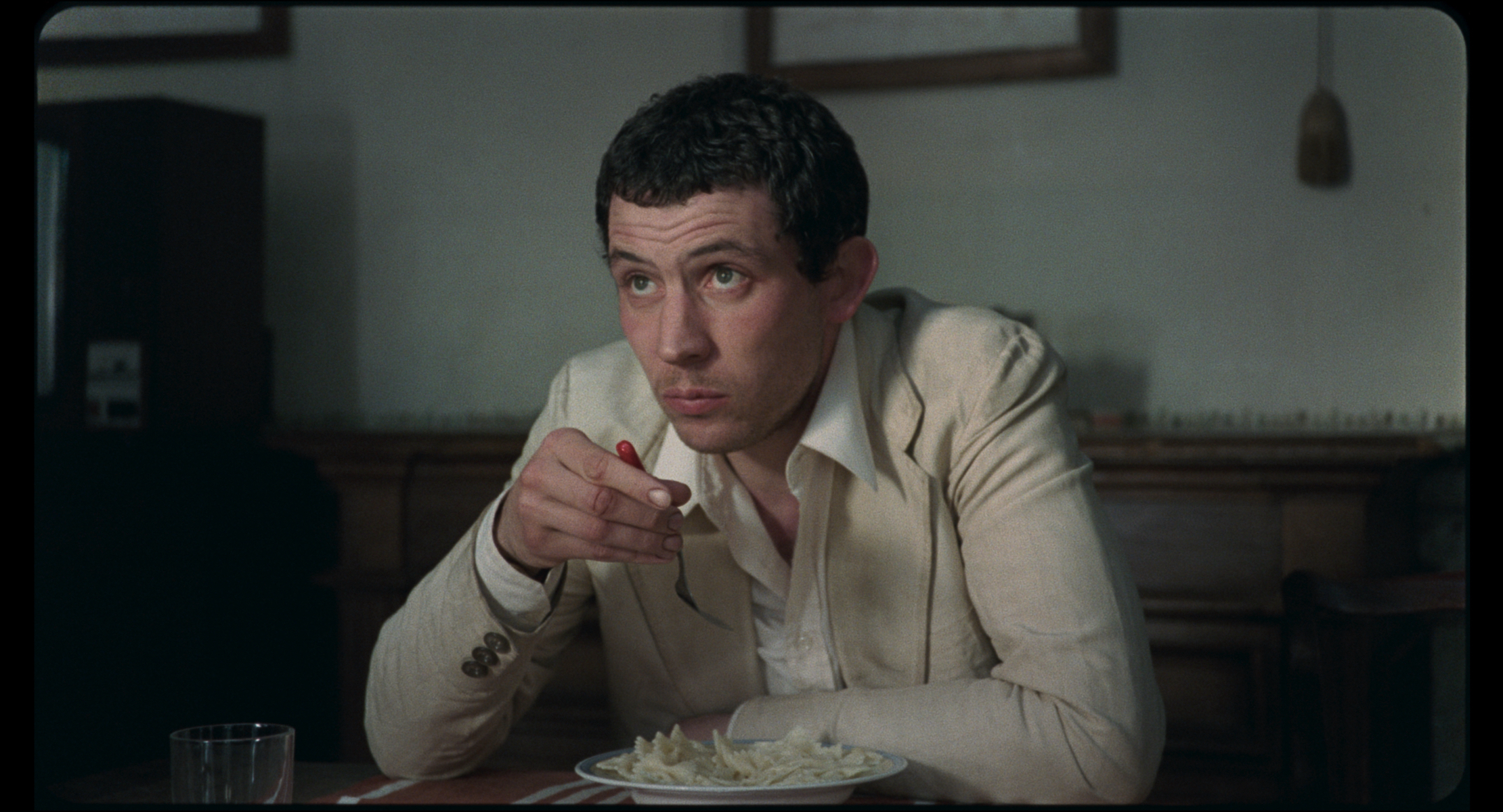
When the critic Charlie Porter examines a catwalk image, he flips the picture upside down, producing a better comprehension of the clothes. For costume designer Loredana Buscemi, a similar exercise was introduced while she was studying. ‘I can’t remember details, but they encouraged us to draw upside down to develop the right lobe of the brain,’ she says, speaking via a translator. In La Chimera, her latest project with Alice Rohrwacher, the singular Italian filmmaker behind 2018’s Happy as Lazzaro, this capsizing of perspective is employed on several occasions, to highlight the protagonist’s affinity with another world somewhere beneath his feet. Moreover, in an illustrated poster for the film, he’s cast as The Hanged Man, inviting not only theories about his character but more plainly a clean visual of his suit.
Set in Riparbella, Tuscany in the 1980s, La Chimera opens with Josh O’Connor’s Arthur dreaming about his lost love, Beniamina. Awoken by a ticket inspector and immediately aggravated by a salesman ridiculing him, it quickly unfolds that Arthur’s been in prison for his part in a grave-robbing gang (the tomborali). Formerly a student of archaeology, he now digs for Etruscan treasures and assumes the role of leader on account of his skill for dowsing. Rohrwacher’s film follows Arthur as he moves between his illegal activities and the crumbling mansion of Beniamina’s mother Flora (Isabella Rossellini), in whose friendship he finds solace on his return from jail (here also, a prospective new romance arrives in the shape of Italia, a student-cum-domestic worker of Flora’s).
‘La Chimera’: the story behind Josh O’Connor’s wardrobe
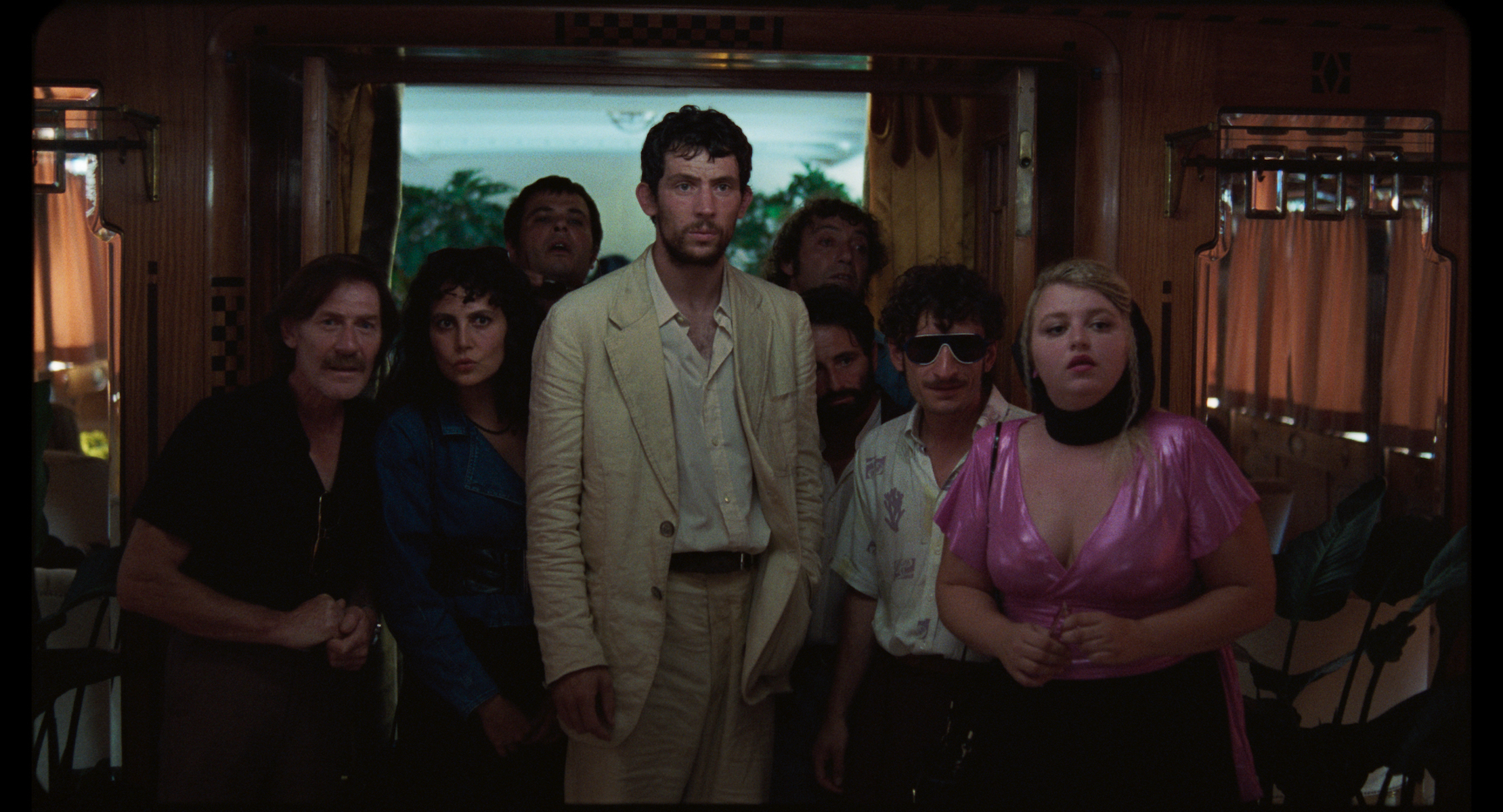
Arthur’s sartorial choices are realised as a point of contention early on. As he’s sitting at the matriarch’s table eating a sad meal of pasta that complements the surroundings, a nasty cough instigates disapproval from Beniamina’s sisters, who scold the dishevelled Englishman for dressing inappropriately: it’s autumnal outside and he’s wearing this cream linen two-piece. ‘Finding that suit was a magical experience,’ asserts Buscemi. ‘I'm always looking for authentic clothes and materials, finding myself in really weird places, and I saw this suit that was going to be destroyed. Full of holes, in a really bad state. My assistants said, “That's disgusting, it's dead. You can't take it”, and I was like, “No, I want it”. I didn't know why, then, but I got it fixed and washed.’
Further revived by cinematographer Hélène Louvart, variously on 16mm, 35mm and Super 8 formats, the suit is an effective narrative device, exposing Arthur’s foreignness – the director has previously observed that he could even be a ghost – and more straightforwardly disclosing the group’s trade by highlighting dirt. ‘Josh tried it and it was his exact size, which is incredible – he's got a very specific physique,’ Buscemi continues. ‘It’s not the most likely size to come across, so it really was a sign. I almost felt like I was Arthur at that point. Of course, we had to replicate it, and that was complicated because it was a beautiful textile made in another time. Contemporary textiles are much uglier.’
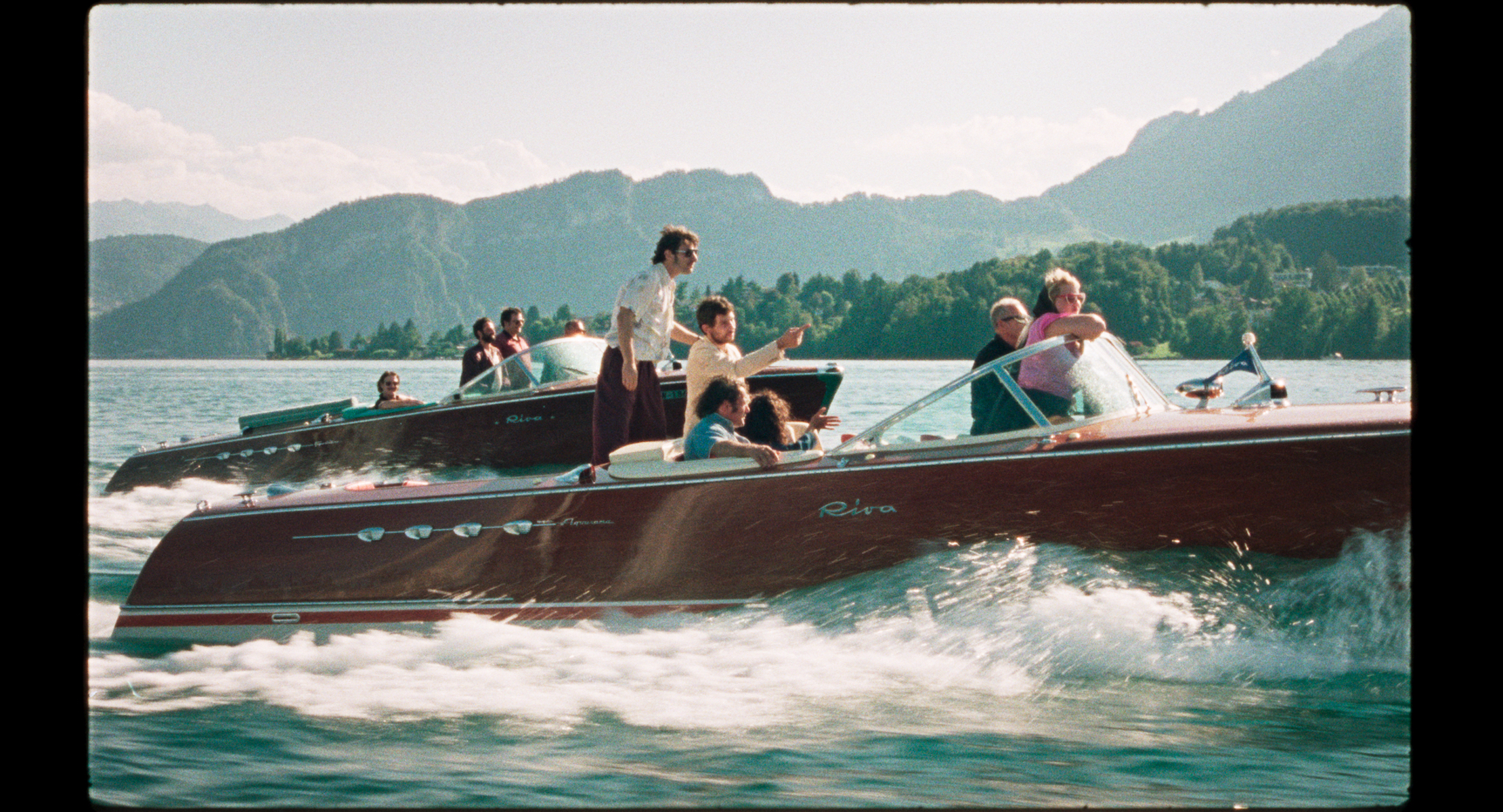
Anchored to Rohrwacher’s unique brand of magical realism since her earliest feature in 2011, Buscemi describes theirs as a ‘very fruitful working relationship’ that transpires most readily through conversation. ‘Everything is born from the psychology of the character. It's really a study of the way people live in their social context,’ she explains of their process. ‘Arthur is a very special person, if we talk of his psychology; key is that he's got a pure heart, and an incredible gift. But there are so many characters in the film and different visions of different social strata coming together.’
The tomborali, in particular, primarily men who dress casually in jeans and tired knits, were especially important, notes Buscemi. ‘That was the most significant experience – it took me into a world I did not know and was such a beautiful challenge,’ she says. ‘The film is set in 1983 in the provinces, so it was not logical for them to be wearing recent, fashionable items; it was important to see a lot of the 1970s. But 1983 was also a year of change in Italy, marked by the terrorism of the Red Brigades into a sort of wealthier period when colour really took off in fashion.’
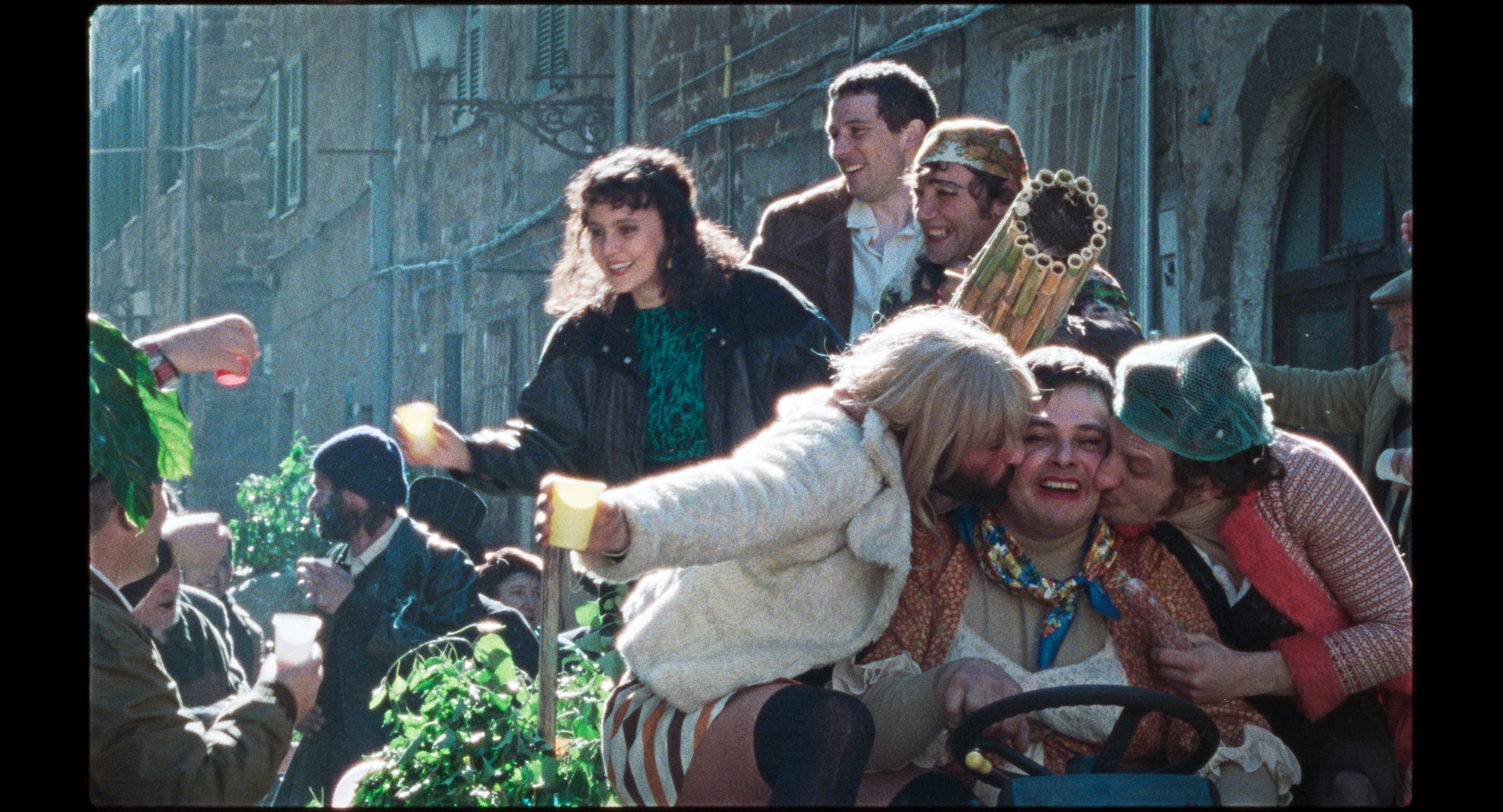
Her use of bold colour is most dominant in the uniforms of the female characters. Beniamina, mirroring her lover’s singularity, affects a hippy aesthetic in a bright crotchet dress and red sandals by Dr Scholl’s – by contrast, the sisters she leaves behind are buttoned up in pastels. ‘Alice said they had to emanate that sort of dusty quality, in keeping with the mansion,’ shares the costume designer. Flora, grieving though she won’t admit it, sports exclusively black, bar a moment of relief that arrives in a pair of turquoise socks gifted her by Arthur. ‘This was a quotation from Happy as Lazzaro,’ says Buscemi, recalling the genesis of the socks. ‘At the end of that film, Alice told me, “Take all the things you like, put them in a box and keep them for the next.”’
Wallpaper* Newsletter
Receive our daily digest of inspiration, escapism and design stories from around the world direct to your inbox.
The character Spartaco, who provides another through-line in the director’s universe (she’s portrayed by Alice’s sister, Alba Rohrwacher), perhaps best exemplifies the mechanics of colour in La Chimera. An enigmatic figure who sells on what the tomborali find, her yellow shoulder pads speak to Italy’s modernisation and the direction of contemporary style. ‘The yellow denotes a strong character, and was also very fashionable in the 1980s,’ says Buscemi. When a dramatic event occurs in a later act aboard a boat, it’s noteworthy, too, that the sunshine shade of Spartaco’s outfit is the final thing visible from the ocean floor. Notes Buscemi, ‘It’s interesting to navigate how one dress, and the framing [and] location of colours [more widely], is crucial. I think about it a lot, in relation to conversations with the director, the set designer, the actors – everyone involved. Filmmaking is a collective art form.’
’La Chimera’ is in UK cinemas today (10 May 2024).
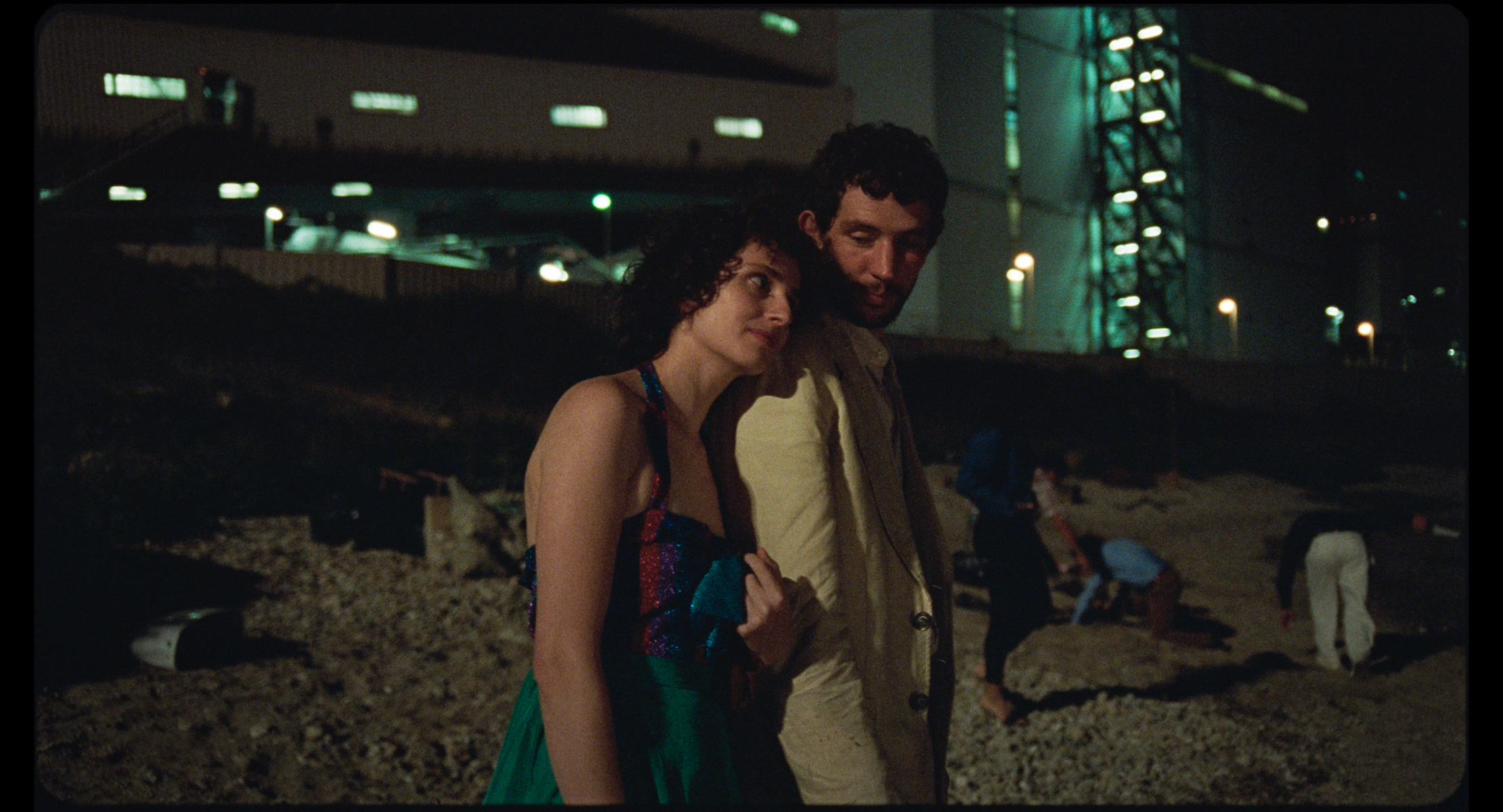
Zoe Whitfield is a London-based writer whose work spans contemporary culture, fashion, art and photography. She has written extensively for international titles including Interview, AnOther, i-D, Dazed and CNN Style, among others.
-
 Put these emerging artists on your radar
Put these emerging artists on your radarThis crop of six new talents is poised to shake up the art world. Get to know them now
By Tianna Williams
-
 Dining at Pyrá feels like a Mediterranean kiss on both cheeks
Dining at Pyrá feels like a Mediterranean kiss on both cheeksDesigned by House of Dré, this Lonsdale Road addition dishes up an enticing fusion of Greek and Spanish cooking
By Sofia de la Cruz
-
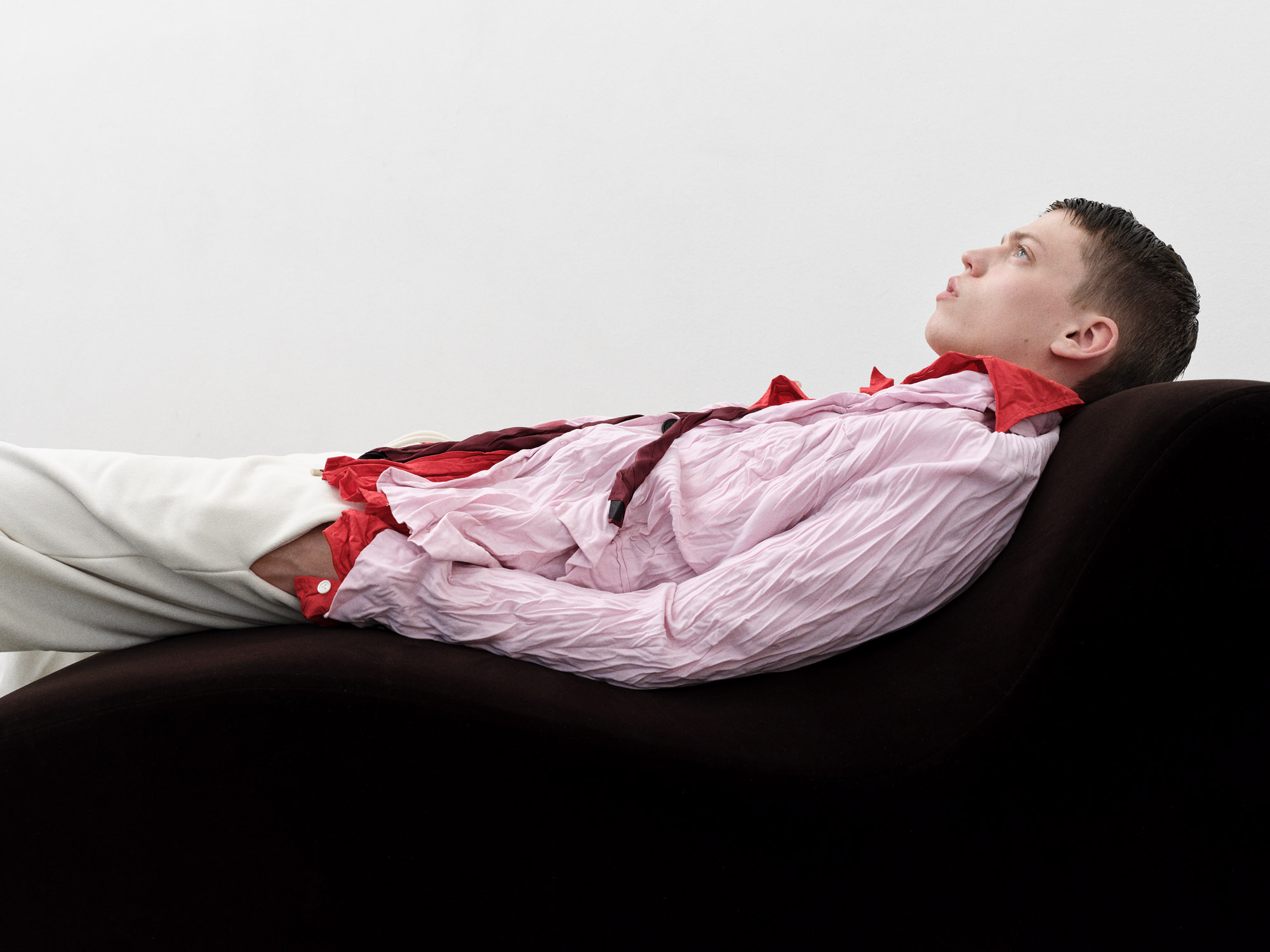 Creased, crumpled: S/S 2025 menswear is about clothes that have ‘lived a life’
Creased, crumpled: S/S 2025 menswear is about clothes that have ‘lived a life’The S/S 2025 menswear collections see designers embrace the creased and the crumpled, conjuring a mood of laidback languor that ran through the season – captured here by photographer Steve Harnacke and stylist Nicola Neri for Wallpaper*
By Jack Moss
-
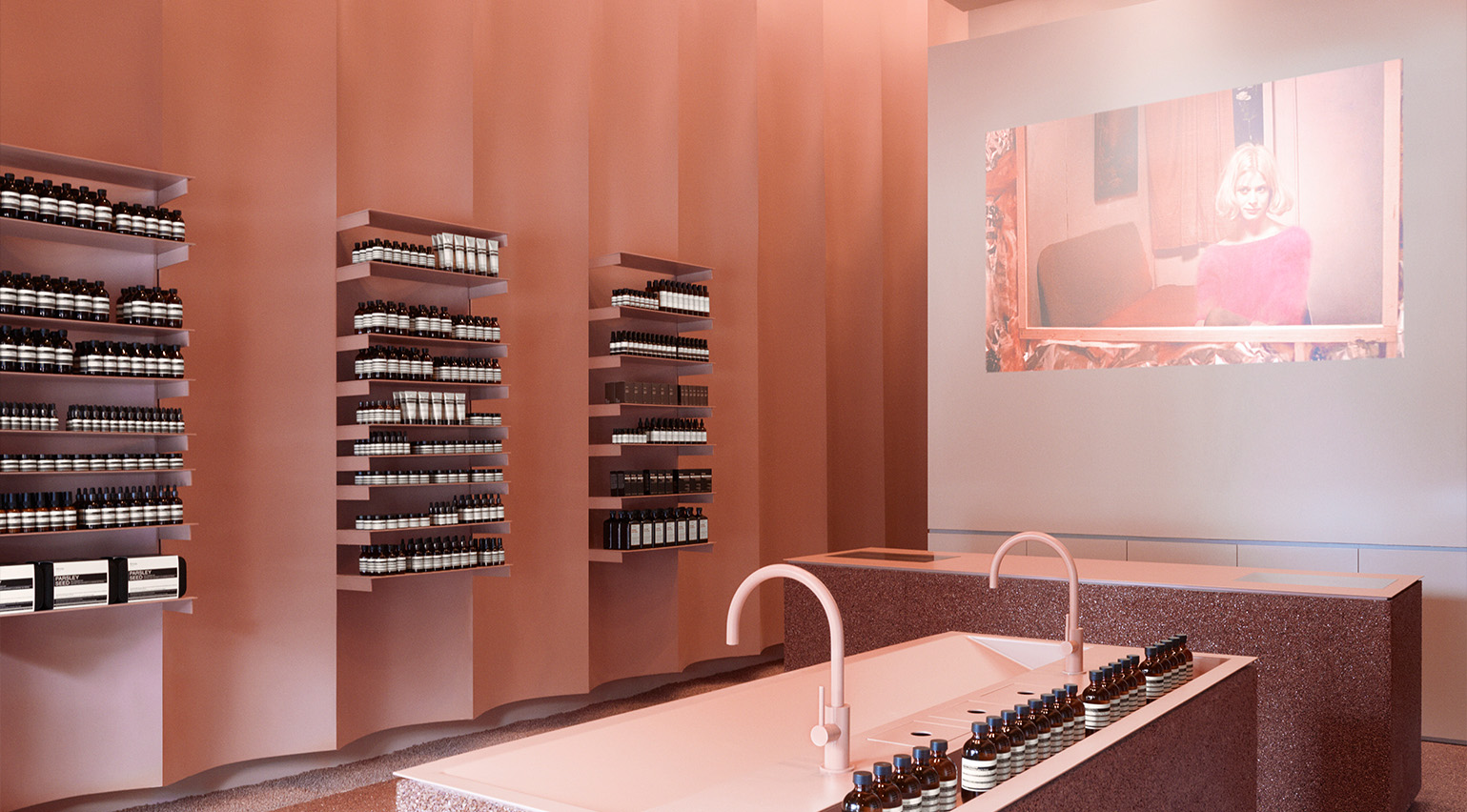 Agnès Varda, Luca Guadagnino and Wim Wenders: why Aesop’s love affair with cinema is more than skin-deep
Agnès Varda, Luca Guadagnino and Wim Wenders: why Aesop’s love affair with cinema is more than skin-deepAesop’s new 2024 Christmas campaign celebrates its long love affair with cinema. Laura Havlin speaks with the brand’s director of global retail design Marianne Lardilleux to discover why film is inherent to its DNA
By Laura Havlin
-
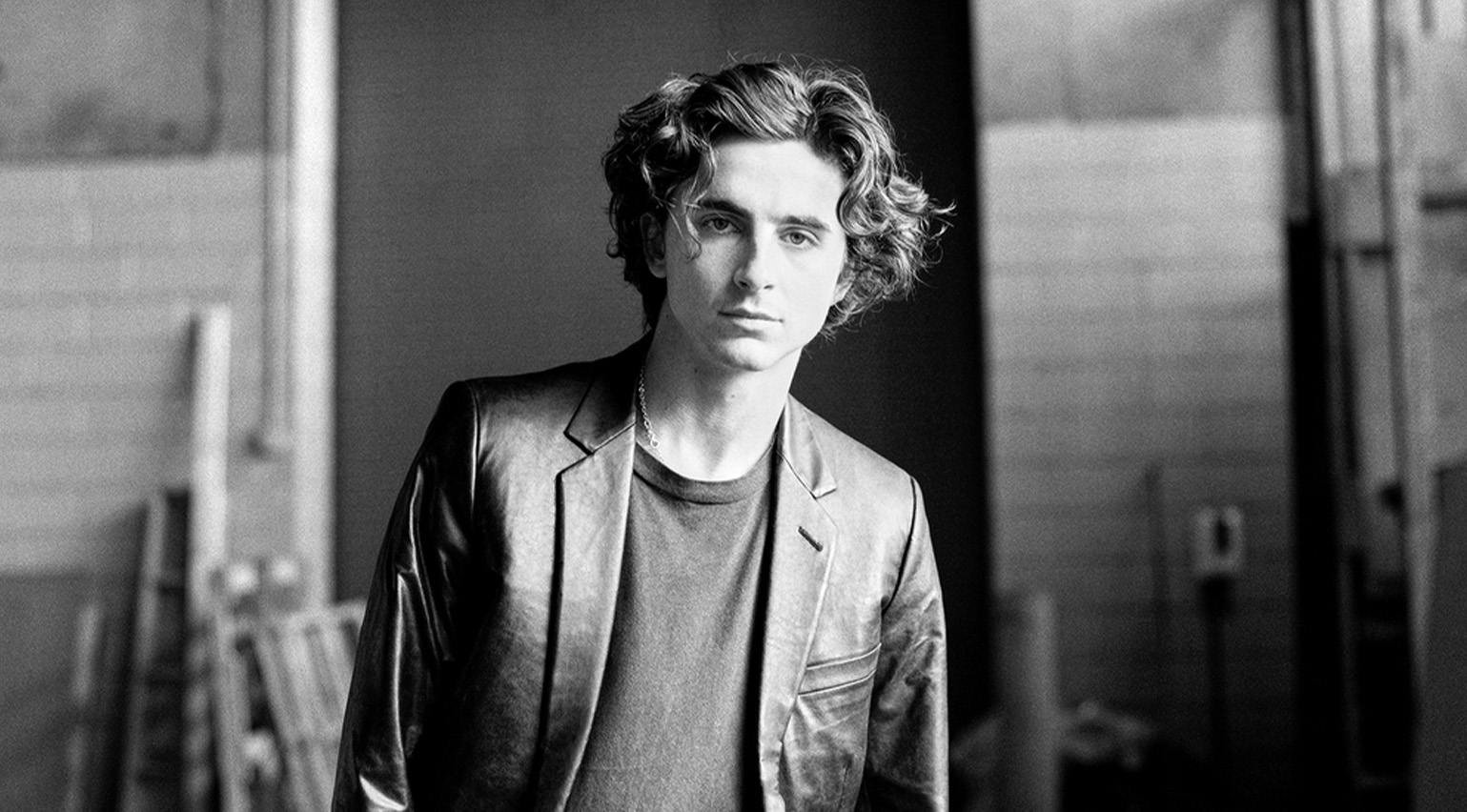 Watch Timothée Chalamet find himself in Martin Scorsese’s Bleu de Chanel campaign film
Watch Timothée Chalamet find himself in Martin Scorsese’s Bleu de Chanel campaign filmTimothée Chalamet makes his Bleu de Chanel campaign debut, in the highly anticipated short film directed by Martin Scorsese
By Hannah Tindle
-
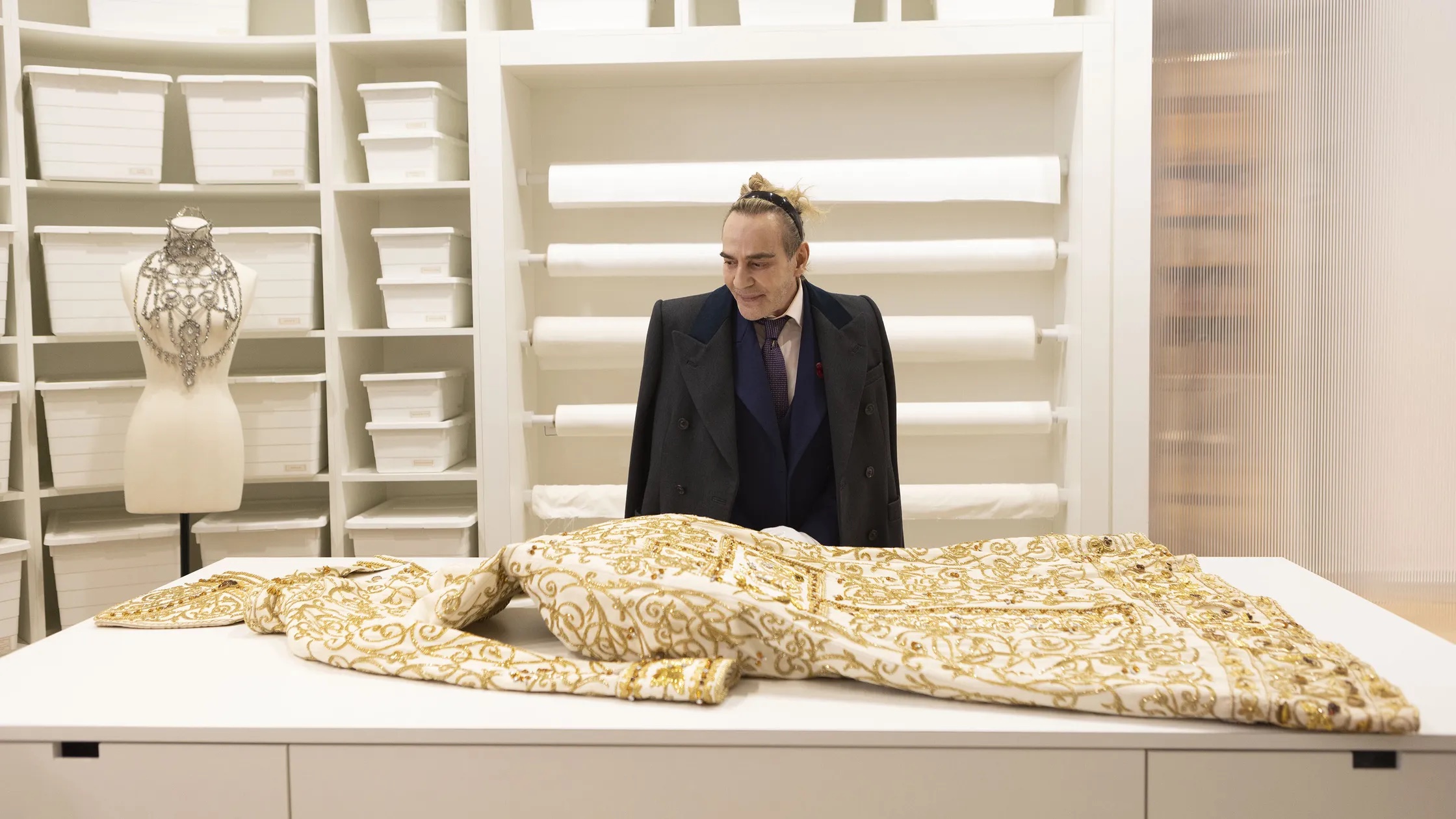 Documentary ‘High & Low’ charts the rise, fall and redemption of John Galliano
Documentary ‘High & Low’ charts the rise, fall and redemption of John Galliano‘High & Low: John Galliano’ (released today) dissects the designer’s showstopping contributions to fashion against the backdrop of his turbulent life. Here, director Kevin Macdonald tells Wallpaper* more
By Joe Bobowicz
-
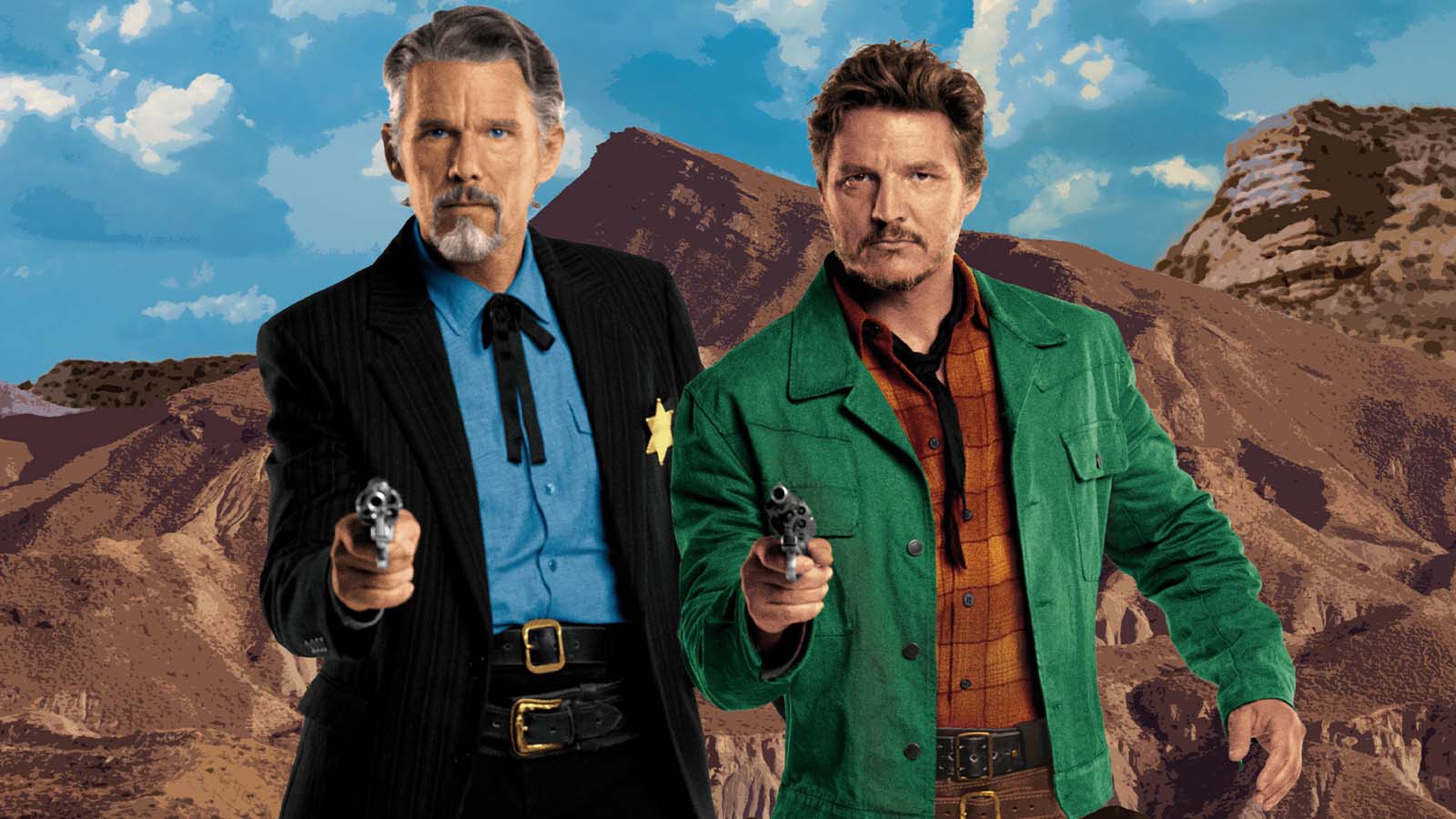 Saint Laurent to start film production company, working with Pedro Almodóvar and David Cronenberg
Saint Laurent to start film production company, working with Pedro Almodóvar and David CronenbergEnvisioned by creative director Anthony Vaccarello, Saint Laurent Productions will work with directors including David Cronenberg, Paolo Sorrentino and Pedro Almodóvar – with the last’s short film premiering this May at Cannes Film Festival
By Jack Moss
-
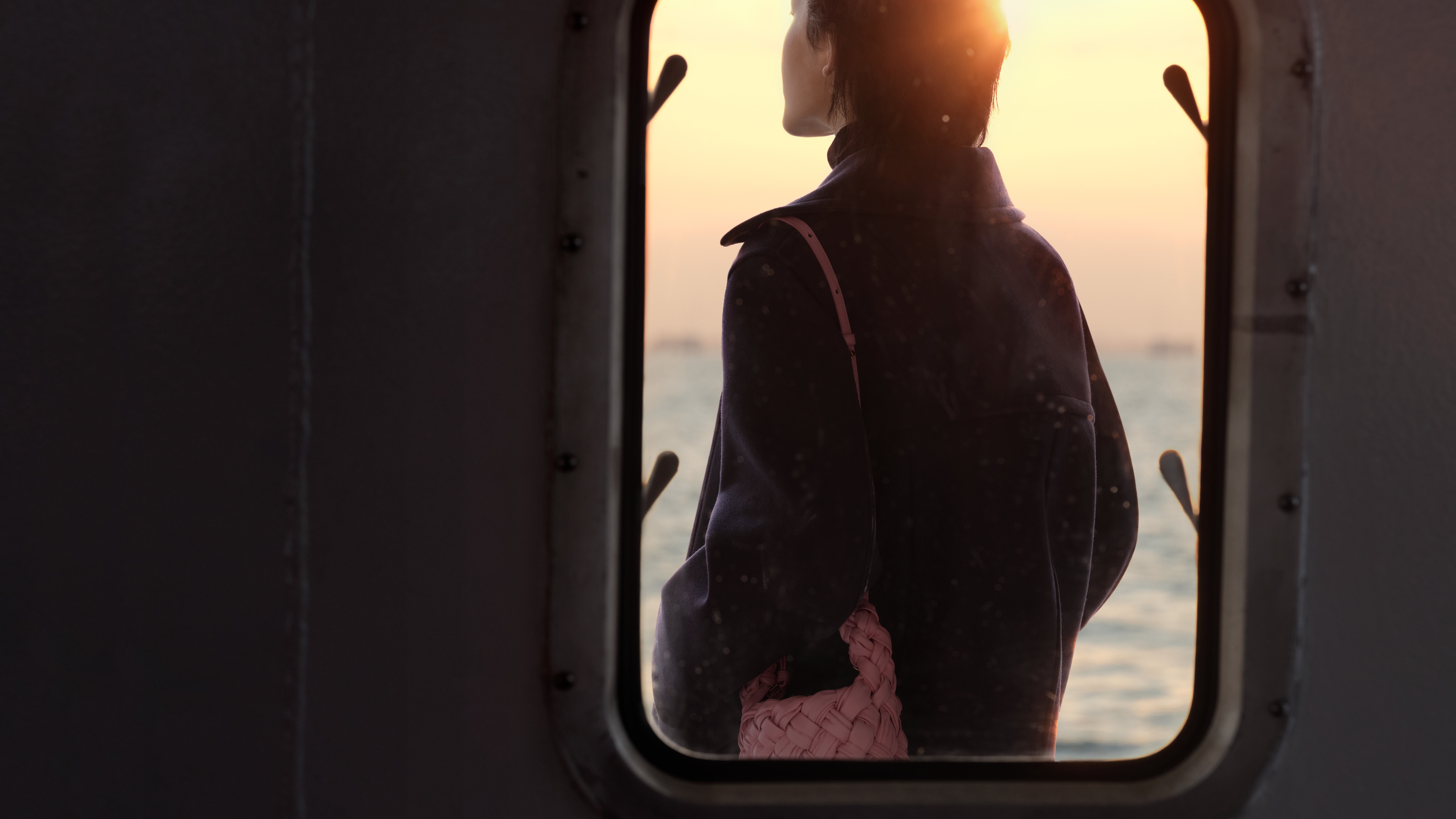 Watch Bottega Veneta’s new film, a love letter to reunions and homecomings
Watch Bottega Veneta’s new film, a love letter to reunions and homecomingsIn celebration of the Lunar New Year, Jess Jing Zou has worked with Bottega Veneta on a short film, marking the annual homecoming
By Martha Elliott
-
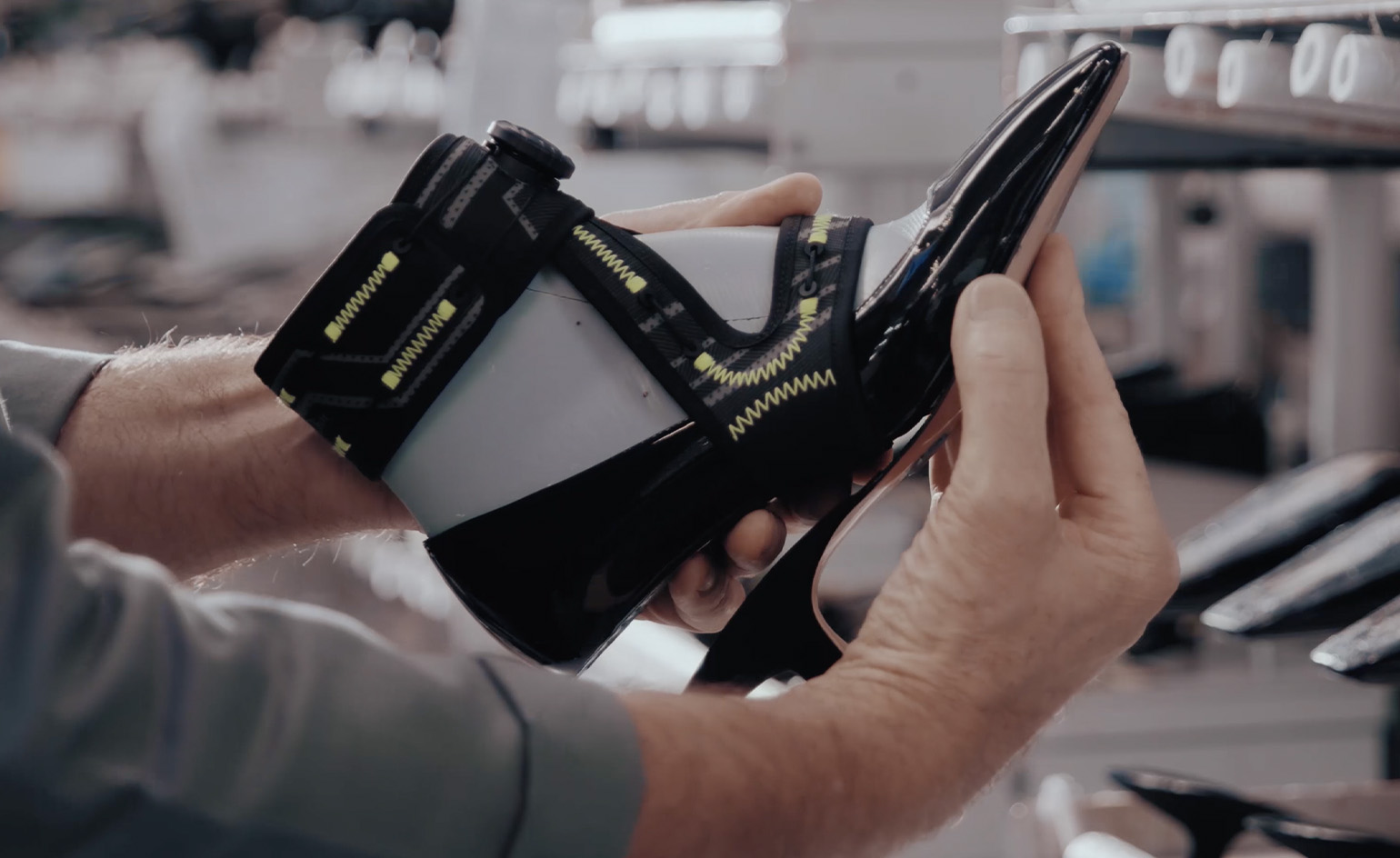 These innovative Dior shoes bridge past, present and future
These innovative Dior shoes bridge past, present and futureInspired by an ornate Dior pump from 1962, Maria Grazia Chiuri’s just-released ‘62-22’ shoes give the classic design a futuristic update. Watch how they are made in this special short film
By Jack Moss
-
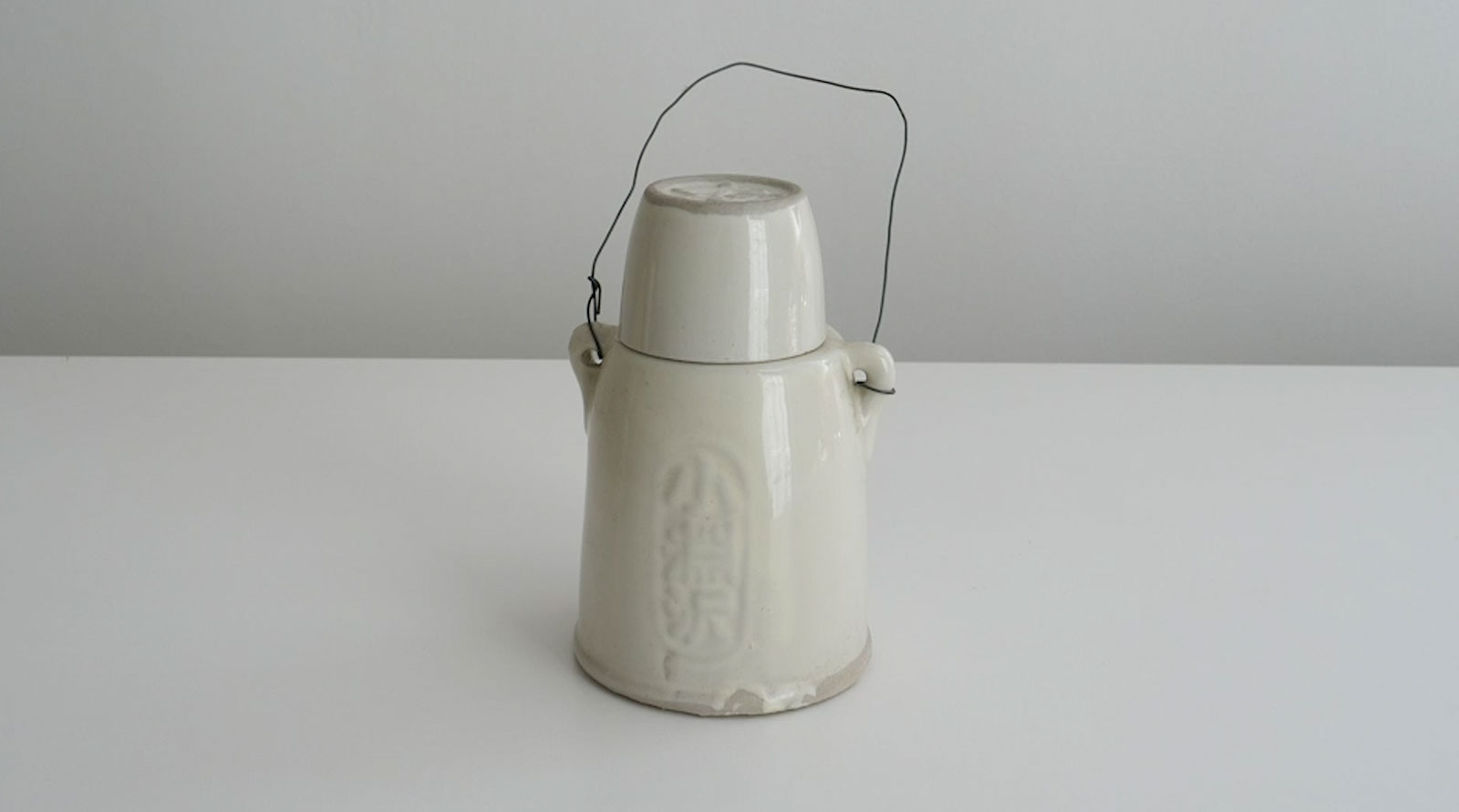 Margaret Howell's new film is a tribute to Japanese culture
Margaret Howell's new film is a tribute to Japanese cultureAffinities – 50 Years of Design marks the 50th anniversary of the Margaret Howell clothing brand
By Hannah Silver
-
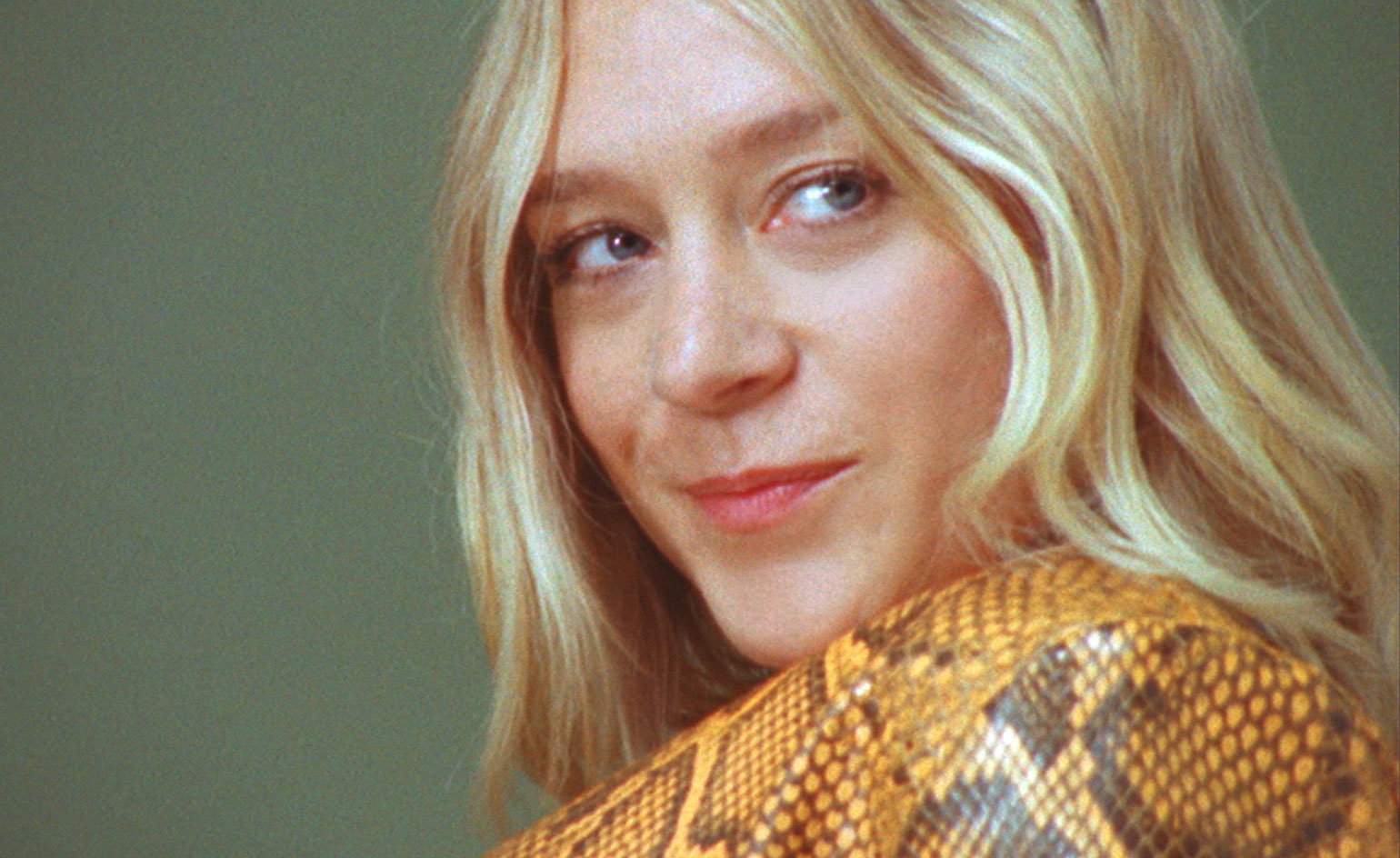 Watch our highlights from Milan’s second annual Fashion Film Festival
Watch our highlights from Milan’s second annual Fashion Film FestivalBy JJ Martin